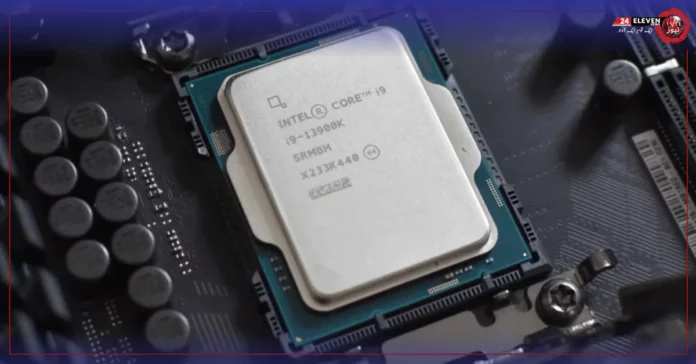Newly discovered, the ‘Reptar’ vulnerability is sending ripples through several generations of Intel CPUs, inducing potential system crashes and hang-ups. It’s a concerning security loophole impacting a wide range of Intel processors from the 10th generation onwards. Surprisingly, the fix has only been rolled out for the 12th and 13th generations thus far.
This vulnerability has been tagged as a ‘severe risk,’ boasting a CVSS score of 8.8, and was first unearthed months ago by Google’s security research team, identified by the codename CVE-2023-23583. Its modus operandi involves meddling with ongoing software instructions, leading to erratic system behavior that could culminate in a complete system crash. In technical vocabulary, it’s identified to potentially ‘allow escalation of privilege and information disclosure and denial of service via local access.’
Read More: OpenAI Temporarily Pauses ChatGPT Plus Registrations Amid Surging Demand and AI Advancements
Tavis Ormandy, a Google security researcher, sheds light on Reptar’s consequences, highlighting how it induces CPU malfunction, resulting in unexpected and potentially hazardous outcomes. Virtual machines, particularly, bore the brunt, posing a significant threat to cloud hosts and infrastructure, thereby endangering the data of numerous individuals.
Ormandy emphasized the severity of the situation, noting its impact even within unprivileged guest VMs, posing serious implications for cloud service providers. Intel was promptly notified about this security issue for immediate resolution.
While Intel took its time, the fix has been extended to several processor generations, primarily targeting the 12th and 13th generations, along with the 4th-generation Intel Xeon processors. Fortunately, no known instances of attackers exploiting this vulnerability have surfaced to date, potentially influencing Intel’s prioritization of newer generations for resolution.
The issue spans across laptops, desktops, and server processors, raising concerns that Intel’s forthcoming fix might hamper the chip’s overall performance.



